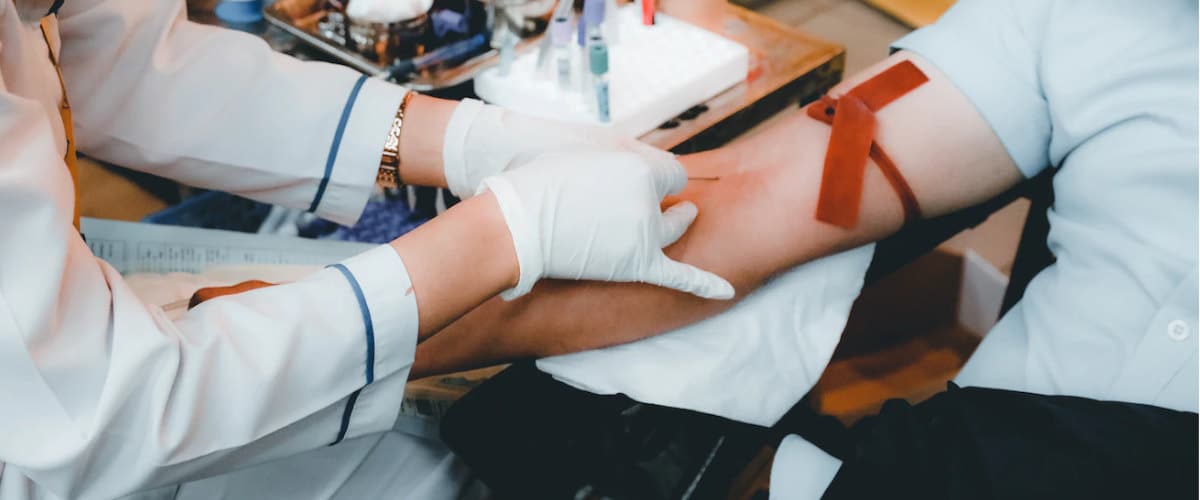
donating blood saves lives a strong enough reason to do so. In many situations, receiving a blood transfusion means the difference between life and death for a person who in the future could be us. Transfusions are no longer possible without a precious blood donation. But what does a donation consist of and when can I donate blood?
At first any adult person Over 18 years of age and in good health can donate blood. Are you an adult and have never donated blood? If you have not done it due to ignorance, perhaps the information we share with you today will help you make the decision to do so.
Can I donate blood?
As we have already mentioned, in principle, any person between the ages of 18 and 65 with a good health and more than 50 kg of weight is suitable to donate blood. Men can do it up to 4 times a year, while women can only donate 3, since we also suffer blood loss during the menstrual period.
As in everything there are exceptions and it is important to know who can't donate or at what times a person cannot donate. It is not necessary to know each exception by heart, since both in blood banks and in any visit to your GP you can clarify this doubt, but in case you wonder...
- can't donate blood: people with hepatitis B or C, HIV or syphilis, as well as insulin-dependent diabetics, epileptics undergoing treatment, people with anemia or serious illnesses.
- You can donate but you have to wait who have: recently donated, had a fever, undergone an intervention, received a vaccine, traveled to certain countries or had risky behaviors or activities in the last days or months. In each case it is advisable to respect a specific period of time before doing so.
But don't worry, in addition to being able to easily inform you of these cases, before donating you will have a short interview that will help determine if you are suitable to donate blood or not. So the only thing you have to be is sincere as we tell you below.
What is the process?
Have you never donated blood? Relax, we will tell you the process step by step so that it does not catch you by surprise. An otherwise simple process through which a health worker will guide you and in which you will only have to worry about go fasting, answer a short questionnaire and relax to proceed with the blood draw.
When you go to donate blood, the first thing they will do is ask you for some basic information and to fill out a questionnaire. Then it will be done an interview and recognition Basic medical, in which your blood pressure will be taken and your pulse and hemoglobin levels in the blood will be measured. If everything is fine and you are considered fit to donate blood, the blood donation will proceed.
blood draw It will last around 15 minutes. The first milliliters collected will be used to perform a basic blood test to assess the good health of the donor and the absence of infectious diseases. Next, around 450 ml of blood will be drawn.
The normal thing is that after the extraction you need stand for a few minutes. Some people may also suffer some dizziness, so it is advisable to remain in the place for about 15 more minutes. Afterwards, it will be important to drink a lot of water and eat something sugary to recover.
Simple, right? The donated blood bag will be divided into three of its components: concentrated red blood cells, plasma and platelets. That is why it is said that 450 milliliters of blood can save up to 3 lives. So much for just half an hour of our time.
Have you ever donated? What is your experience? Spain is one of the most generous countries in this regard and don't you think it is something to be proud of? If you haven't donated yet, please do! You can help save lives and make life easier for many others with serious illnesses.
